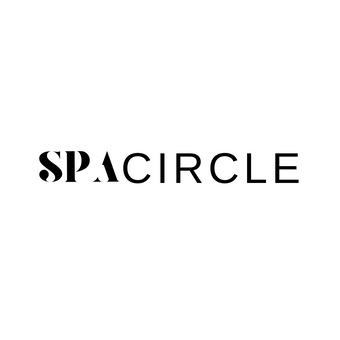Collagen plays a crucial role in maintaining skin elasticity, joint health, and overall well-being. As we age, our body's natural collagen production decreases, leading to various signs of aging.
This article explores effective strategies to preserve existing collagen, enhance its production, and stimulate new collagen formation.
Preserving Collagen
Antioxidants: Your Collagen's Best Friend
Antioxidants are essential in protecting collagen from damage caused by free radicals. Incorporating antioxidant-rich foods and supplements into your diet can help preserve existing collagen. https://www.ncbi.nlm.nih.gov/pmc/articles/PMC6204628/Sun Protection: Shielding Your Skin
UV radiation is a major culprit in collagen breakdown. Consistent use of broad-spectrum sunscreen and protective clothing can significantly reduce collagen degradation. https://www.ncbi.nlm.nih.gov/pmc/articles/PMC6204628/Producing Quality Collagen
Vitamin C: The Collagen Synthesis Catalyst
Vitamin C plays a crucial role in collagen synthesis. A study published in the journal Nutrients found that "vitamin C has the potential to accelerate bone healing after fractures, increase type I collagen synthesis, and reduce oxidative stress" https://www.ncbi.nlm.nih.gov/pmc/articles/PMC6204628/Balanced Diet: Fueling Collagen Production
A diet rich in protein, vitamins, and minerals provides the necessary building blocks for collagen production. Foods high in amino acids like glycine, proline, and hydroxyproline are particularly beneficial https://www.nmi.health/collagen-a-review-of-clinical-use-and-efficacy/Stimulating Collagen
Peptides: Signalling Collagen Production
Peptides can stimulate collagen production by signaling to cells that collagen has been lost and needs to be replaced. A systematic review published in Nutrients reported that "hydrolyzed collagen (HC) supplementation significantly improved skin hydration (test for overall effect: Z = 4.94, p < 0.00001) and elasticity (test for overall effect: Z = 4.49, p < 0.00001) compared to the placebo group" https://www.ncbi.nlm.nih.gov/pmc/articles/PMC10180699/Non-Invasive Treatments
Several non-invasive treatments can stimulate collagen production:- Microneedling
- Radiofrequency treatments
- Ultrasound therapy
- LED light therapy
Oral Supplements: Collagen Peptides
Collagen peptides have gained popularity as an effective way to boost collagen levels. A study published in the Royal Society of Chemistry found that "an intake of 1650 mg per day of CPNS (collagen peptide) for 12 weeks had beneficial effects on skin health in a cohort of women aged from 30 to 60 years" https://pubs.rsc.org/en/content/articlehtml/2023/fo/d2fo02958h The study further noted that "skin desquamation, hydration, skin wrinkling, and elasticity were significantly improved after 4, 4, 12, and 12 weeks of administration, respectively" https://pubs.rsc.org/en/content/articlehtml/2023/fo/d2fo02958hOther Significant Factors
Hyaluronic Acid: Collagen's Synergistic Partner
Hyaluronic acid works synergistically with collagen to maintain skin hydration and elasticity. A recent study found that "dietary supplementation with collagen and vitamin C and their combination with hyaluronic acid" showed "notable enhancements in dermis density, skin texture, and a reduction in the severity of wrinkles" https://www.mdpi.com/2072-6643/16/12/1908Lifestyle Factors
Certain lifestyle choices can significantly impact collagen levels:- Adequate sleep
- Stress management
- Regular exercise
- Avoiding excessive sugar consumption
- Quitting smoking


Leave a comment